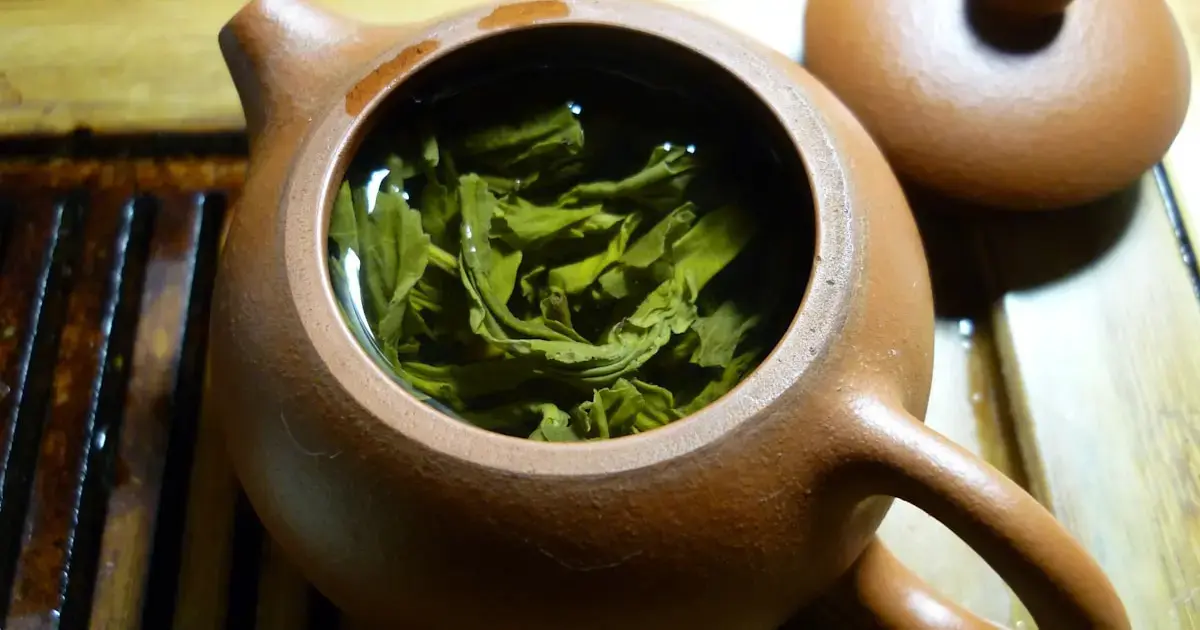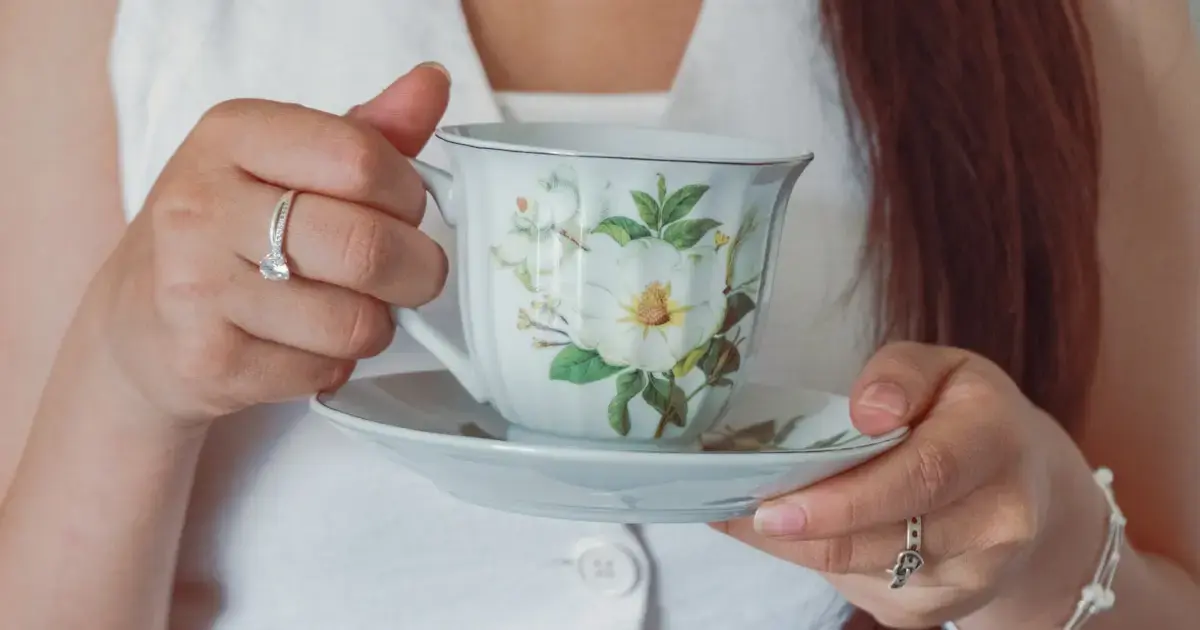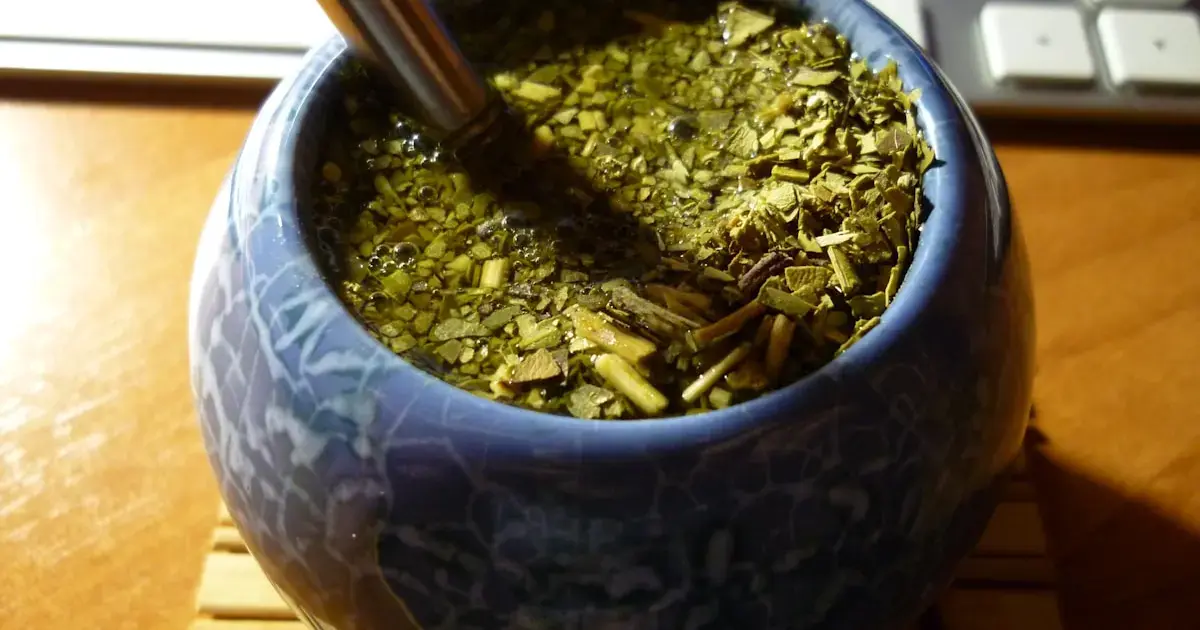 In the hustle and bustle of a busy day, there’s always time to squeeze in a cup of . Especially if you’ve come to appreciate its many health benefits.
In the hustle and bustle of a busy day, there’s always time to squeeze in a cup of . Especially if you’ve come to appreciate its many health benefits.
Research shows that this popular beverage can help lower blood pressure, reduce the risk of diabetes, and alleviate feelings of anxiety. And that’s just the tip of the iceberg.
The benefits of tea primarily stem from its rich content of natural compounds—polyphenols, which are plant-based antioxidants that help protect the body’s cells from damage. Polyphenols have anti-inflammatory properties and can prevent many chronic diseases. These natural compounds positively influence gut microbiota, help regulate blood sugar levels, and support brain health by slowing age-related cognitive decline.
In an interview with Daily Mail, Dr. Tim Bond, a leading British tea expert, stated, “One of the simplest tips for maintaining health is to drink three to four cups of this beverage daily.”
Dr. Bond has developed recommendations for consuming different types of tea, linking their greatest benefits to specific times of the day.
Morning. Black Tea
Studies have shown that among all popular teas, black tea contains the highest concentration of —a subgroup of polyphenols responsible for numerous healing properties.
Additionally, black tea is a fantastic way to start the day, as it contains an optimal dose of . A cup of this beverage has about 47 mg of caffeine (compared to 33 mg in a cup of green tea and 46 mg in a can of diet cola). Medical professionals consider a safe daily limit to be 400 mg of caffeine, which is roughly equivalent to eight cups of black tea.
Moreover, for many people, especially the elderly, tea serves as an excellent source of hydration, as it has the same effect as a glass of water,” Dr. Bond noted. However, one should always be cautious not to add too much sugar to the tea.

Lunch. Green Tea
Experts consider to be one of the healthiest options. It contains a significant amount of catechins—types of polyphenols that are particularly important for heart and brain health.
The most powerful catechin in green tea is known as epigallocatechin gallate (EGCG). Researchers have proven that consuming foods rich in this catechin helps the body combat Alzheimer’s and Parkinson’s diseases.
Dr. Bond believes that lunchtime is the ideal time to enjoy green tea. “This tea is very beneficial for oral health, as it has antibacterial properties,” he says.

Afternoon. Jasmine Tea
Jasmine tea is one of the most well-known calming beverages. Studies have shown that the aroma of jasmine relaxes, improves mood, reduces heart rate, and brings a sense of peace. This is why such tea is often consumed to relieve .
This effect is due to the significant amount of L-theanine in jasmine tea—an amino acid associated with feelings of calm. This tea makes for a delightful afternoon drink that also has a pleasant fragrance.

Evening. Oolong
Chinese semi-fermented oolong tea, according to experts, combines the best qualities of both black and green teas. The leaves of oolong give the beverage an amber color, while its flavor balances between the herbal freshness of green tea and the richness of black tea.
Research links regular consumption of oolong tea to blood sugar control. The polyphenols in this drink improve insulin sensitivity and slow down glucose absorption, helping to stabilize energy levels and reduce spikes after meals.
Dr. Bond recommends enjoying oolong right after a meal, especially if the dishes are rich in carbohydrates.

Before Bed. Chamomile
Made from the dried flowers of the Matricaria chamomilla plant, this tea is one of the oldest herbal remedies. It is valued for its calming effects that promote sleep and its delicate aroma. Chamomile tea acts as a mild sedative, affecting the brain’s receptors responsible for muscle relaxation. This is why many people drink it before bedtime. Additionally, chamomile is rich in antioxidant flavonoids, particularly apigenin—a compound that helps reduce anxiety.
“The ideal solution is to drink chamomile or lavender tea at least an hour before bed. They will help you get a good night’s sleep,” Dr. Bond said.
Photo: Unsplash
